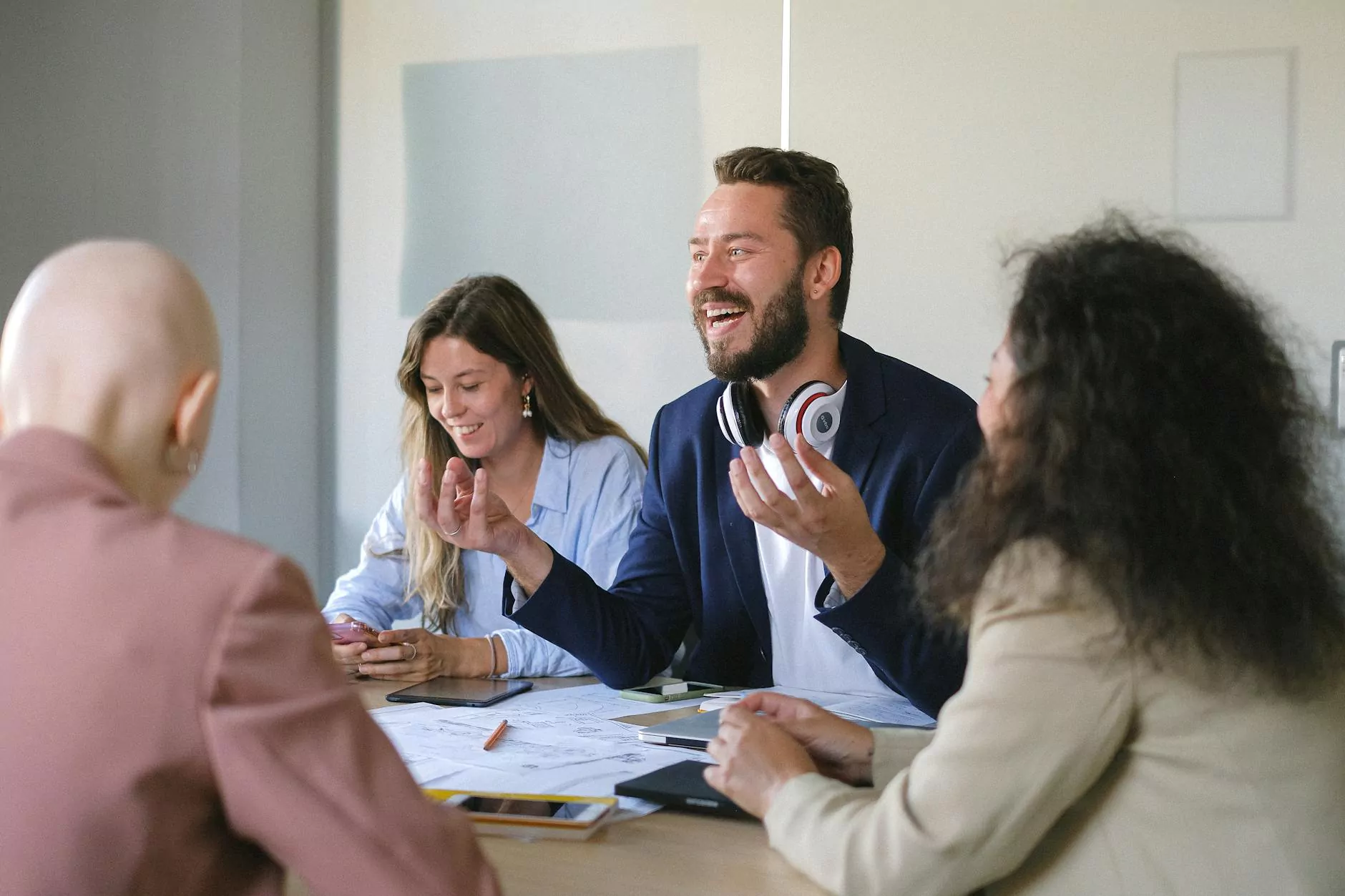2017 Boston Accessibility Conference Recap
About
Introduction
Welcome to the detailed recap of the 2017 Boston Accessibility Conference hosted by Wicked Fast Marketing. As a leading provider of business and consumer services in the marketing and advertising industry, our team was excited to attend this esteemed event dedicated to fostering inclusivity and accessibility online. In this recap, we'll provide you with an overview of the conference, highlight key insights and takeaways, and discuss how businesses can leverage these learnings to enhance their online presence.
About the Boston Accessibility Conference
The Boston Accessibility Conference, also known as A11yBos2017, brought together experts, enthusiasts, and professionals from various industries to discuss and share insights on creating accessible websites, applications, and digital content. The conference aimed to raise awareness about the importance of digital accessibility and promote inclusive practices for individuals with disabilities.
Key Topics Covered
- Web Accessibility Standards and Guidelines
- Accessible Design and User Experience
- Assistive Technologies and Tools
- Legal Requirements and Compliance
- Mobile Accessibility
- Inclusive Marketing Strategies
- Testing and Evaluation Techniques
- Future Trends and Innovations
Insights and Learnings
Web Accessibility Standards and Guidelines
One of the main highlights of the conference was the in-depth discussion on web accessibility standards and guidelines. Experts emphasized the importance of adhering to WCAG (Web Content Accessibility Guidelines) to ensure digital content is accessible to all individuals, including those with disabilities. They stressed the significance of using proper HTML structure, providing alternative text for images, and incorporating semantic markup.
Accessible Design and User Experience
The conference also shed light on the significance of accessible design and its impact on user experience. Speakers emphasized the need for clear and concise content, intuitive navigation, and well-structured layouts. They highlighted the importance of color contrast, keyboard accessibility, and the implementation of ARIA (Accessible Rich Internet Applications) attributes to enhance user experience for individuals with visual or motor impairments.
Assistive Technologies and Tools
Industry experts showcased a wide range of assistive technologies and tools available to support individuals with disabilities. They explored screen readers, voice recognition software, magnifiers, and other assistive devices. Attendees gained valuable insights into how different tools can enable individuals with disabilities to access and interact with digital content effectively.
Legal Requirements and Compliance
A critical aspect covered at the conference was the legal requirements and compliance related to digital accessibility. Experts delved into the Americans with Disabilities Act (ADA) and Section 508 of the Rehabilitation Act, outlining their implications for businesses. They stressed the importance of ensuring websites and digital content meet the required accessibility standards to avoid potential legal repercussions.
Inclusive Marketing Strategies
Another crucial area explored at the conference was inclusive marketing strategies. Professionals highlighted the significance of creating marketing campaigns that reach diverse audiences, including individuals with disabilities. They discussed the power of inclusive imagery, accessible social media content, and the benefits of collaborating with disability influencers to foster inclusivity.
Testing and Evaluation Techniques
The conference also provided valuable insights into testing and evaluation techniques for assessing website accessibility. Experts shared best practices for conducting accessibility audits, usability testing, and user feedback sessions. Attendees learned about the importance of involving individuals with disabilities during the testing process to gain firsthand insights and improve overall accessibility.
Future Trends and Innovations
Lastly, the conference touched upon future trends and innovations in the realm of digital accessibility. Experts discussed the role of artificial intelligence, machine learning, and automation in revolutionizing accessibility for individuals with disabilities. Attendees gained valuable insights into emerging technologies and their potential to transform the accessibility landscape.
Conclusion
The 2017 Boston Accessibility Conference organized by Wicked Fast Marketing proved to be a successful and enlightening event that contributed to fostering inclusivity and accessibility online. Attendees gained valuable insights into web accessibility standards, design practices, legal requirements, and emerging trends. As a business and consumer services provider in the marketing and advertising industry, it is crucial to prioritize accessibility in our digital initiatives to reach a wider audience and provide equal opportunities for all. We invite you to join us in embracing accessibility and ensure that our online experiences are truly inclusive.










